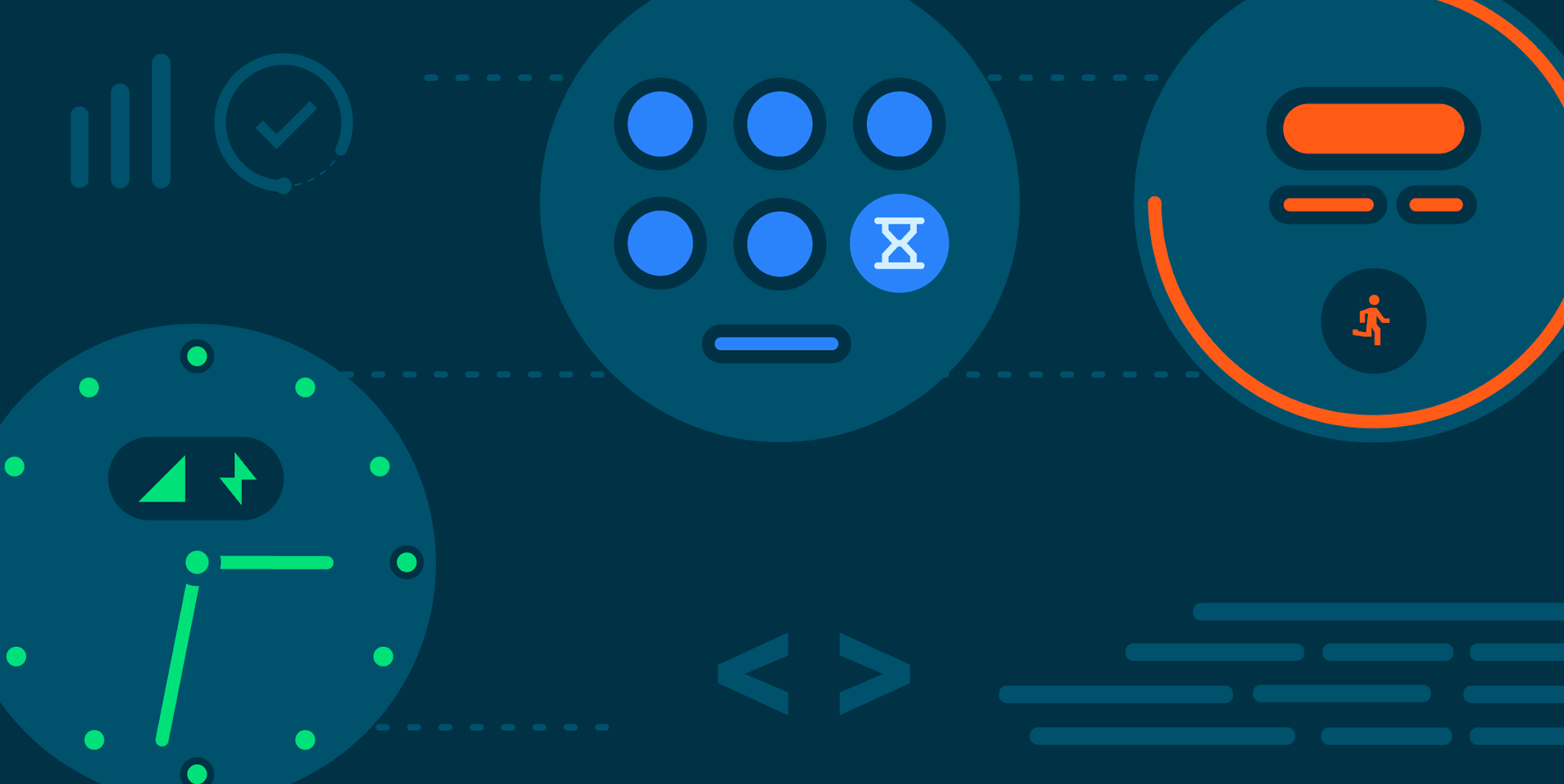Sub-dollar pricing expansion in 20 markets
Posted by Neethi Thomas, Dafna Gal and Ashnil Dixit, Google Play
At Google Play, we’re committed to giving Android developers access to the largest possible market for your apps and games. Google Play already supports free and paid apps in over 165 markets. We had previously lowered minimum prices developers can set for their products for 20 markets like India and Brazil. Today, we’re happy to announce that we have reduced the minimum price limit for products in 20 more markets across Latin America, EMEA, and APAC.
With these new lower limits, you can now set prices in the range of 10-30 cents US equivalent in most of these markets. These ultra-low price points, or “sub-dollar” prices, allow you to reach new potential buyers by adjusting your pricing to better reflect local purchasing power and demand. It also gives you more flexibility to set your global pricing strategy and gives more users the opportunity to enjoy monetized experiences in your apps and games.
The minimum price limit for paid apps, in-app products, and subscriptions has been lowered in these new markets: Bangladesh, Bulgaria, Bolivia, Costa Rica, Czech Republic, Denmark, Croatia, Hungary, Jordan, Kazakhstan, Lebanon, Sri Lanka, Myanmar, Pakistan, Paraguay, Romania, Serbia, Thailand, Tanzania and Vietnam.
Additional markets where sub-dollar pricing is available: Brazil, Chile, Colombia, Egypt, India, Indonesia, Malaysia, Mexico, Nigeria, Peru, Philippines, Poland, Russia, Saudi Arabia, South Africa, Turkey and Ukraine
To adjust your prices in Google Play Console, please see our Help Center article. The full list of price ranges can be found here.
Best practices for sub-dollar pricing
Since the feature was introduced in 2015, Android developers have been using sub-dollar pricing to expand their paying user base in creative ways. Here are a few ways you can use sub-dollar pricing to help grow your own business:
- Try offering limited-time promotions. Sub-dollar pricing is a great tool to entice new users through promotions, or to reward loyal users with low-cost perks. For example, to convert more paying users of their popular game Lords Mobile, developer IGG sometimes offers special bundles for only IDR 3000 (USD 0.20) that offer 2-3x more value for a limited time. Because these are special offers, it allowed them to expand their payer base without cannibalization.
- Offer seasonal deals. Sub-dollar pricing is also useful for seasonal sales. Because users know they have a limited opportunity to buy these items, it makes them more attractive. Combined with the low price, it can be an attractive offer for first time buyers. Moonton offers rare skins when users make their first purchase of the season in Mobile Legends, even if it’s a sub-dollar purchase.
- Try introductory pricing offers. Sub-dollar pricing can also be used to attract new paying users with introductory pricing. For example, you could offer users who have never made a purchase a valuable item at a sub-dollar price. Developer Moonton does this, offering users access to popular heroes in their game Mobile Legends: Bang Bang when they make their first purchase. This strategy helps them reach new paying users without much impact on their overall game economy.
- Reward loyalty. You can also try sub-dollar pricing in conjunction with repeat purchase events. For example, you could offer special bonuses to players making one purchase a day for seven days, without users spending more than they are comfortable with.
- Offer gacha. Sub-dollar pricing works well for chance-based items, or “gacha,” which can appeal to new users. Users who aren’t willing to spend $5 on a valuable in-game item may be willing to pay $0.15 to open a treasure chest with a chance of finding the item inside. By offering gacha at sub-dollar pricing, many users may be willing to pay a token amount just to try their luck.
There are many ways to use sub-dollar and localized pricing and the suggestions listed above are just a starting point. We’re excited to see how you’ll use our features to grow your business.




Komentar
Posting Komentar